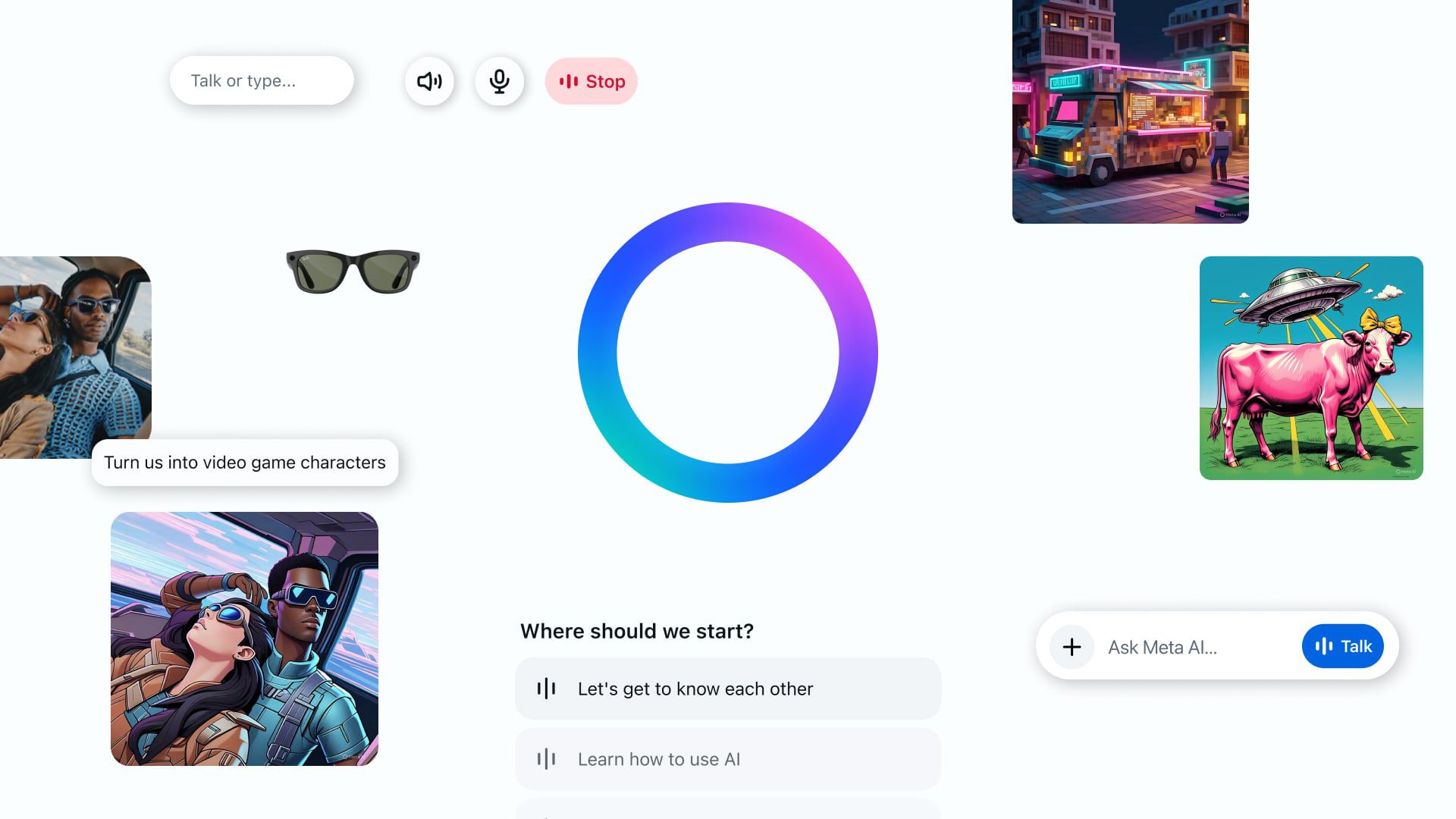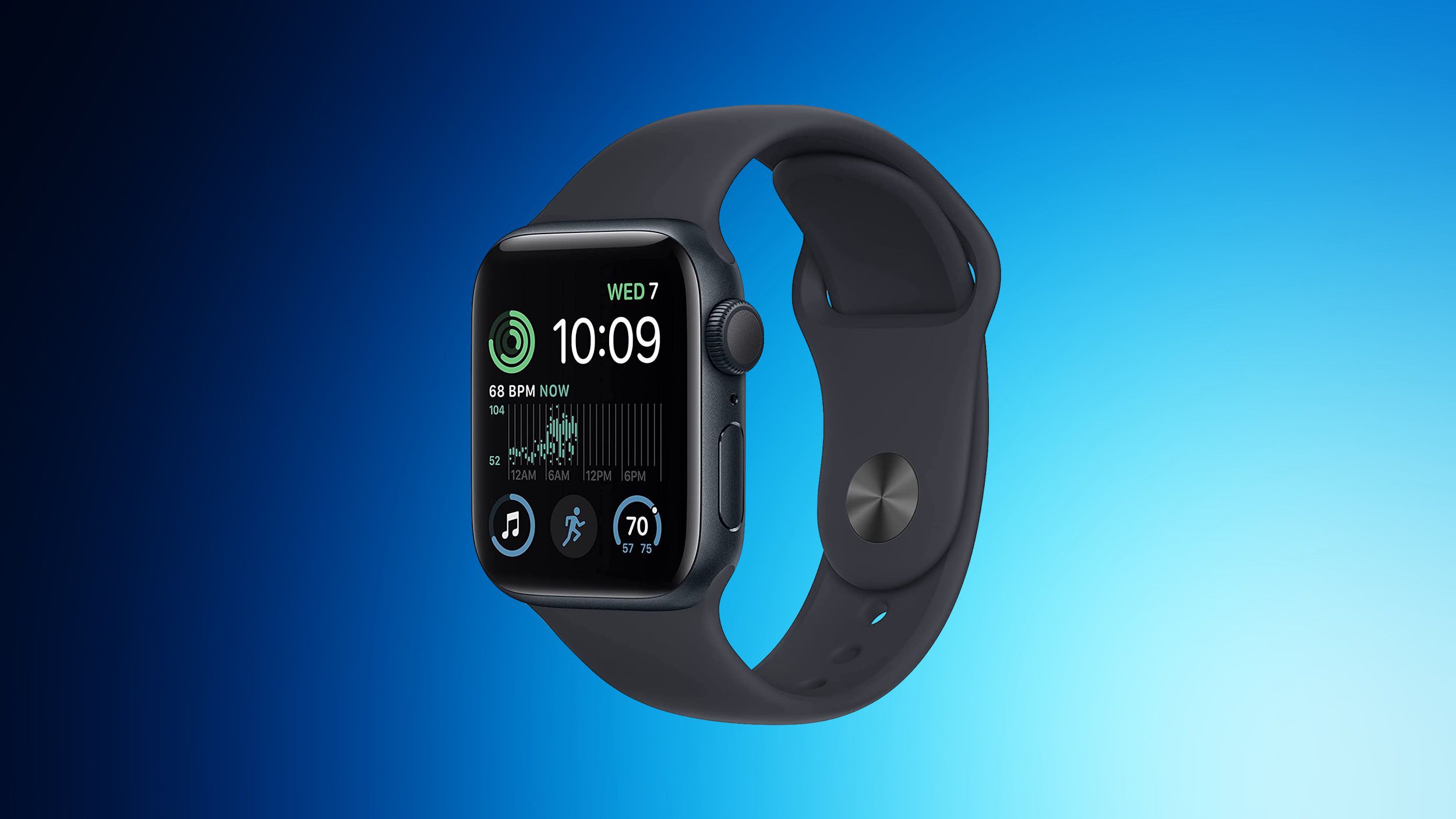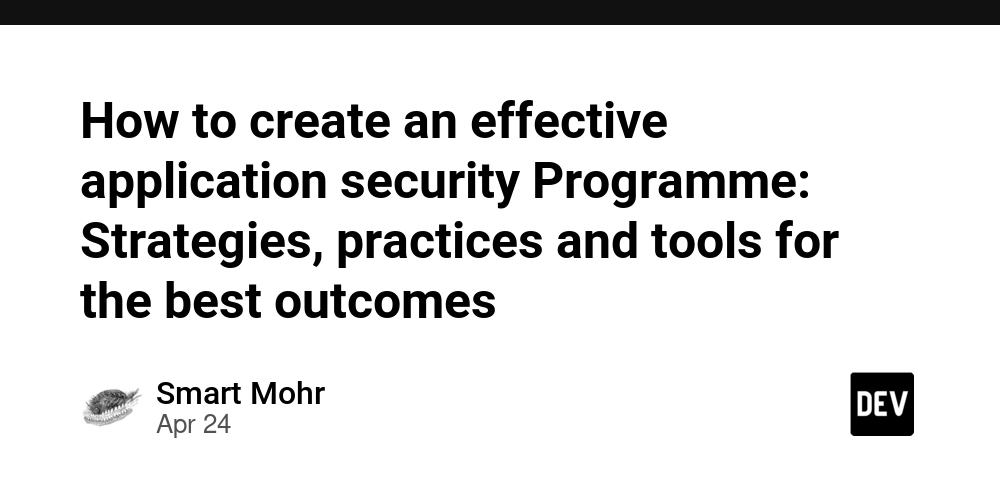Feedback Isn’t Failure. It’s a Debugging Tool.
"Clarify what, exactly, Kyle?" You spent six hours polishing that pull request until it gleamed like a bald man’s head at noon. You added diagrams. You added comments. You even used complete sentences. And then Kyle, the human version of an unsaved Google Doc, comments: "Kinda confusing, tbh." Cue the emotional dumpster fire. Cue the spiral: "Guess I’m just a failure wrapped in skin." "Maybe if people had two brain cells to rub together..." "I should quit tech and open a hotdog stand." That gut-punch you’re feeling? Senior engineers just call it Tuesday. The Myth: Feedback Means You Suck There’s a lie that clings to your brain like gum on a shoe: "If I were good enough, nobody would ever need to correct me." Buckle up, champ: That’s not how humans work. Feedback isn’t an indictment of your talent. It’s not a scarlet letter sewn onto your hoodie. It’s just noise from the messy, chaotic meat-machine known as “teamwork.” Bugs happen. Miscommunication happens. Kyle happens. It’s not a personal tragedy. It’s Tuesday. Depersonalize the Data (Before You Punch a Wall) Imagine yelling at your server logs because they told you something broke. "Oh, so now you’re criticizing me, huh, 500 error?" No. You wouldn’t do that. (If you would, please close your laptop and go outside immediately.) You read the log. You fix the issue. You move on with your day - and maybe swear into your coffee. Feedback about your work is exactly the same: a log entry, not a character assassination. It’s a flashlight, not a firing squad. Repeat after me: "This isn’t about me. It’s about the work." Say it enough, and it’ll stick faster than Kyle sticks "final_v7_REAL_final.docx" into production. Hunt the Useful 10% (Even If You Want to Set It on Fire) Not all feedback is good. Some of it is lazy. Some of it is bad. Some of it sounds like it was written during a caffeine-induced seizure. Doesn’t matter. Your job isn’t to evaluate the quality of Kyle’s soul. It’s to mine the one useful nugget buried in the pile of nonsense, grab it, and yeet the rest into the sun. Even the dumbest feedback usually hints at a miscommunication, a missing assumption, or a spot where you’re a little too clever for your own damn good. Find it. Fix it. Move on. No emotional hostage-taking required. Debug, Don’t Debate (Save Your Lawyer Voice) You’re not here to win arguments. You’re here to ship better work. When someone flags a problem, don’t slip into "Objection, Your Honor" mode. Treat it like a bug report: get curious, not defensive. Instead of "But it’s obvious if you just LOOK!" Say, "Huh, interesting - what threw you off?" Instead of "You’re wrong and I’m a genius," Say, "Cool, how would you make it clearer?" Your goal isn’t to prove you’re smart. Your goal is to make the work undeniable. Build Feedback Habits (So You Don’t Get Ambushed) Waiting for feedback to slap you in the face at the worst possible moment? That’s not resilience. That’s ambushing yourself for sport. Normalize asking for it early. Catch the bugs while they’re small and polite - before they grow legs and start flipping tables. When you open a PR: "Hey, let me know if anything’s unclear - rather fix it now than cry about it later." When you wrap a meeting: "Was that useful, or did I sound like I was yelling into a bucket?" If you ask first, you stay in control. If you wait, you’re basically volunteering to get dunked on. (See also: Take the Blame, Pass the Praise - or how not to be That Guy.) Mic Drop: Feedback Is Debugging for Your Soul You are not your last shitty meeting. You are not your weird PR comment thread. You are not the typo that slipped past six reviewers and into production. You are a work in progress. So is everyone else. Feedback isn’t a slap. It’s a patch note. Take feedback. Fix your blindspots. And leave the “kinda confusing, tbh” legacy to someone else. Godspeed.

"Clarify what, exactly, Kyle?"
You spent six hours polishing that pull request until it gleamed like a bald man’s head at noon. You added diagrams. You added comments. You even used complete sentences.
And then Kyle, the human version of an unsaved Google Doc, comments:
"Kinda confusing, tbh."
Cue the emotional dumpster fire.
Cue the spiral:
"Guess I’m just a failure wrapped in skin."
"Maybe if people had two brain cells to rub together..."
"I should quit tech and open a hotdog stand."
That gut-punch you’re feeling? Senior engineers just call it Tuesday.
The Myth: Feedback Means You Suck
There’s a lie that clings to your brain like gum on a shoe:
"If I were good enough, nobody would ever need to correct me."
Buckle up, champ: That’s not how humans work.
Feedback isn’t an indictment of your talent. It’s not a scarlet letter sewn onto your hoodie.
It’s just noise from the messy, chaotic meat-machine known as “teamwork.”
Bugs happen. Miscommunication happens. Kyle happens.
It’s not a personal tragedy. It’s Tuesday.
Depersonalize the Data (Before You Punch a Wall)
Imagine yelling at your server logs because they told you something broke.
"Oh, so now you’re criticizing me, huh, 500 error?"
No. You wouldn’t do that. (If you would, please close your laptop and go outside immediately.)
You read the log. You fix the issue. You move on with your day - and maybe swear into your coffee.
Feedback about your work is exactly the same: a log entry, not a character assassination.
It’s a flashlight, not a firing squad.
Repeat after me:
"This isn’t about me. It’s about the work."
Say it enough, and it’ll stick faster than Kyle sticks "final_v7_REAL_final.docx" into production.
Hunt the Useful 10% (Even If You Want to Set It on Fire)
Not all feedback is good. Some of it is lazy. Some of it is bad. Some of it sounds like it was written during a caffeine-induced seizure.
Doesn’t matter.
Your job isn’t to evaluate the quality of Kyle’s soul.
It’s to mine the one useful nugget buried in the pile of nonsense, grab it, and yeet the rest into the sun.
Even the dumbest feedback usually hints at a miscommunication, a missing assumption, or a spot where you’re a little too clever for your own damn good.
Find it. Fix it. Move on. No emotional hostage-taking required.
Debug, Don’t Debate (Save Your Lawyer Voice)
You’re not here to win arguments. You’re here to ship better work.
When someone flags a problem, don’t slip into "Objection, Your Honor" mode.
Treat it like a bug report: get curious, not defensive.
Instead of "But it’s obvious if you just LOOK!"
Say, "Huh, interesting - what threw you off?"
Instead of "You’re wrong and I’m a genius,"
Say, "Cool, how would you make it clearer?"
Your goal isn’t to prove you’re smart.
Your goal is to make the work undeniable.
Build Feedback Habits (So You Don’t Get Ambushed)
Waiting for feedback to slap you in the face at the worst possible moment?
That’s not resilience. That’s ambushing yourself for sport.
Normalize asking for it early. Catch the bugs while they’re small and polite - before they grow legs and start flipping tables.
When you open a PR:
"Hey, let me know if anything’s unclear - rather fix it now than cry about it later."
When you wrap a meeting:
"Was that useful, or did I sound like I was yelling into a bucket?"
If you ask first, you stay in control.
If you wait, you’re basically volunteering to get dunked on.
(See also: Take the Blame, Pass the Praise - or how not to be That Guy.)
Mic Drop: Feedback Is Debugging for Your Soul
You are not your last shitty meeting. You are not your weird PR comment thread. You are not the typo that slipped past six reviewers and into production.
You are a work in progress. So is everyone else.
Feedback isn’t a slap. It’s a patch note.
Take feedback.
Fix your blindspots.
And leave the “kinda confusing, tbh” legacy to someone else.
Godspeed.














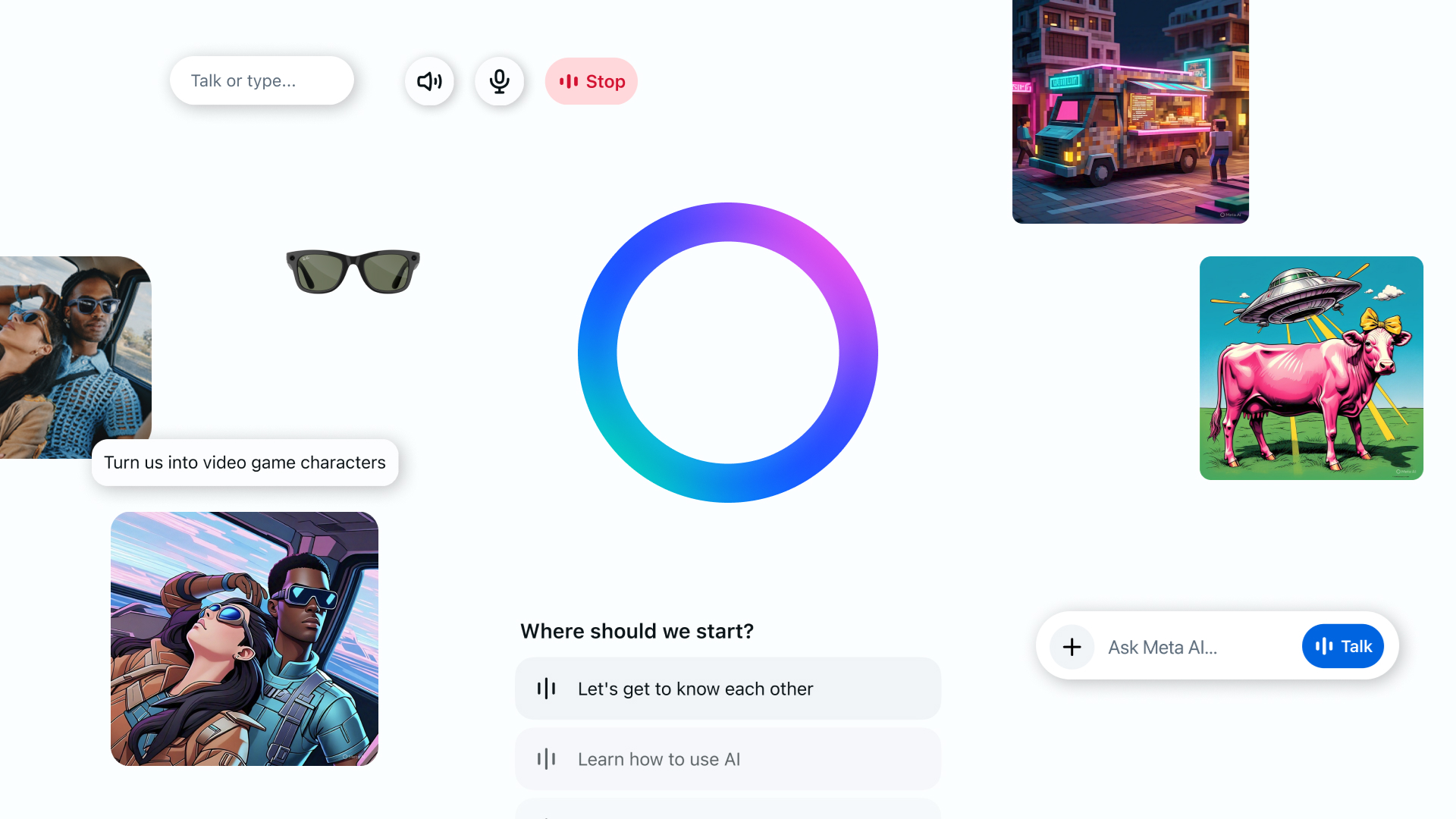




















































































































































![[The AI Show Episode 145]: OpenAI Releases o3 and o4-mini, AI Is Causing “Quiet Layoffs,” Executive Order on Youth AI Education & GPT-4o’s Controversial Update](https://www.marketingaiinstitute.com/hubfs/ep%20145%20cover.png)













































































































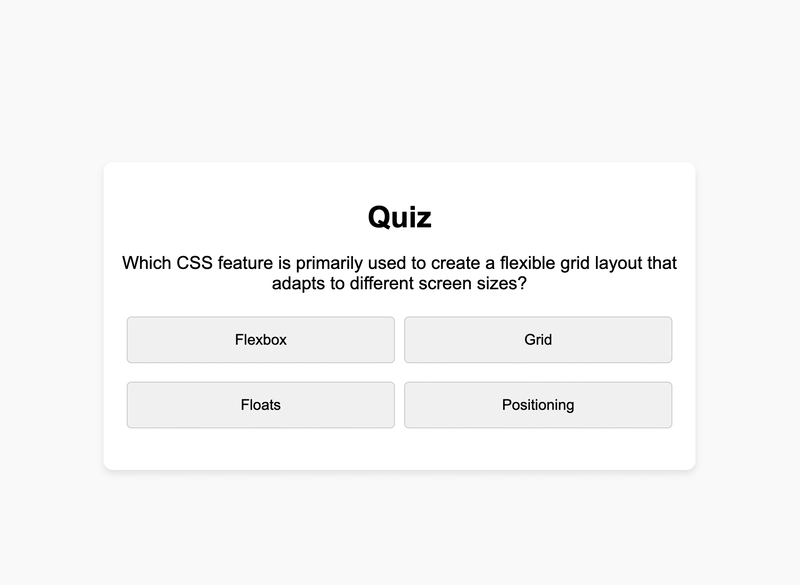
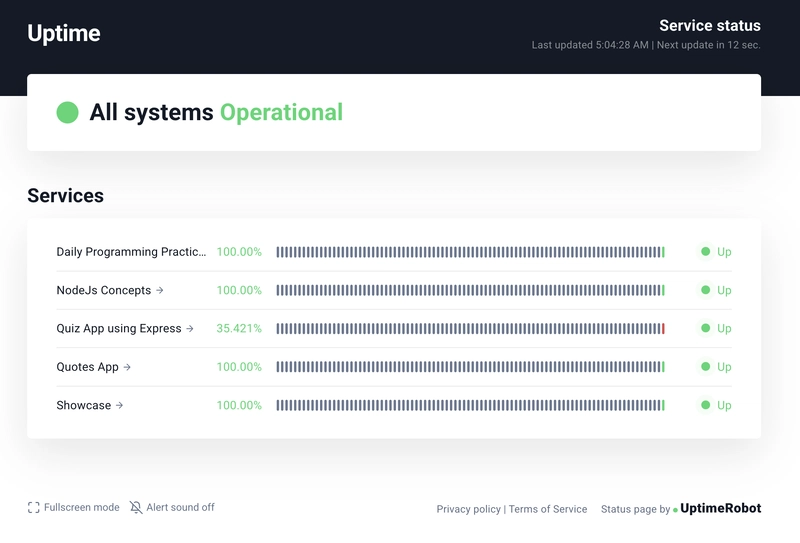





























































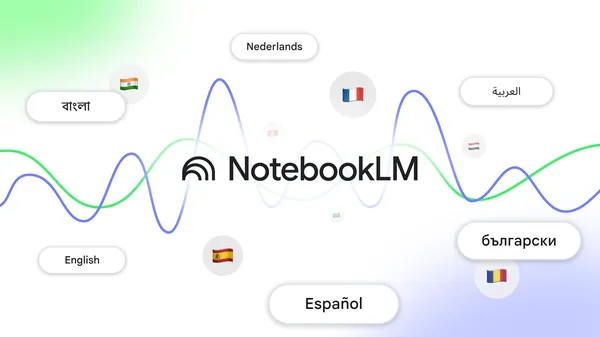


.jpg?#)

































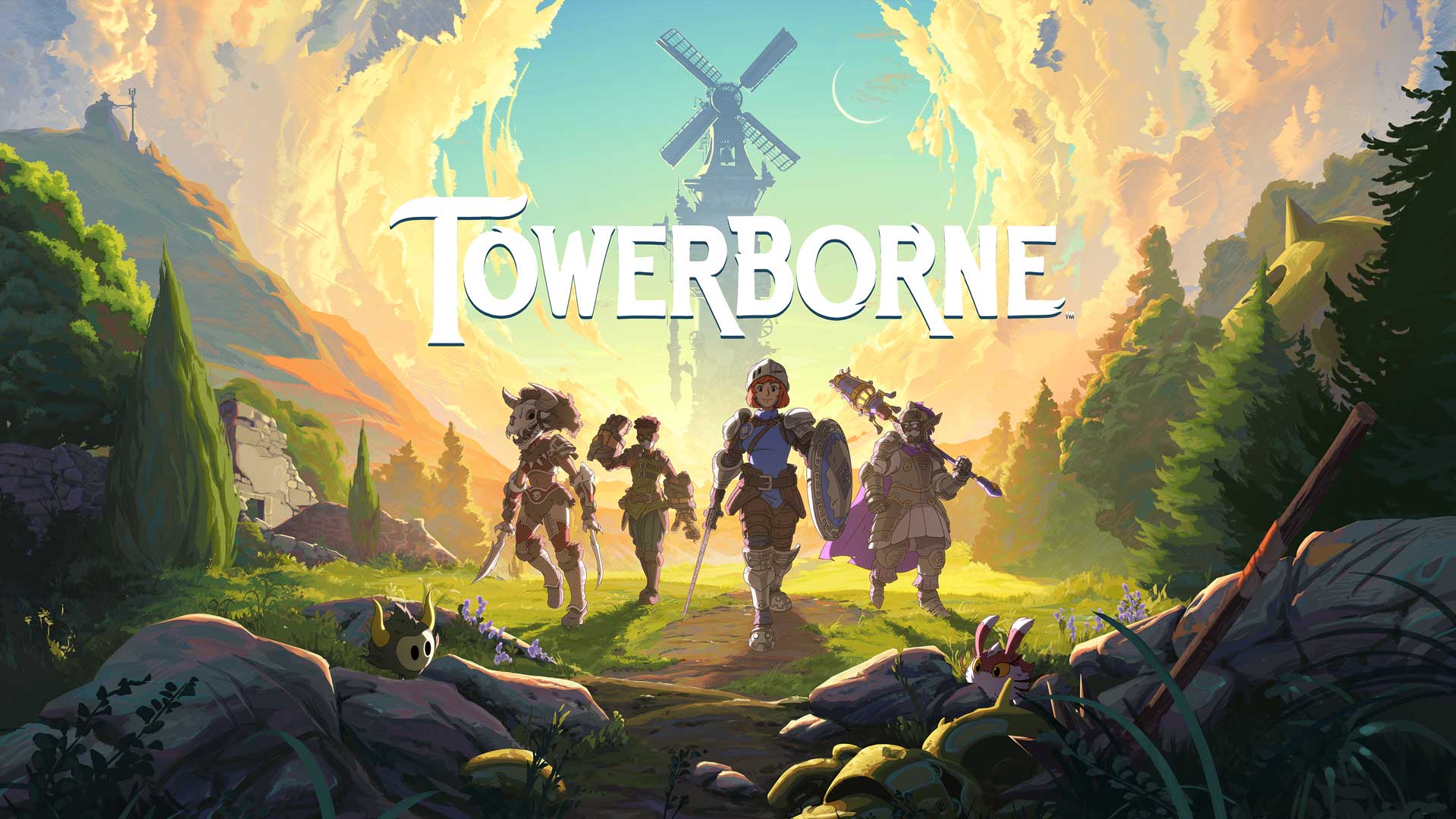























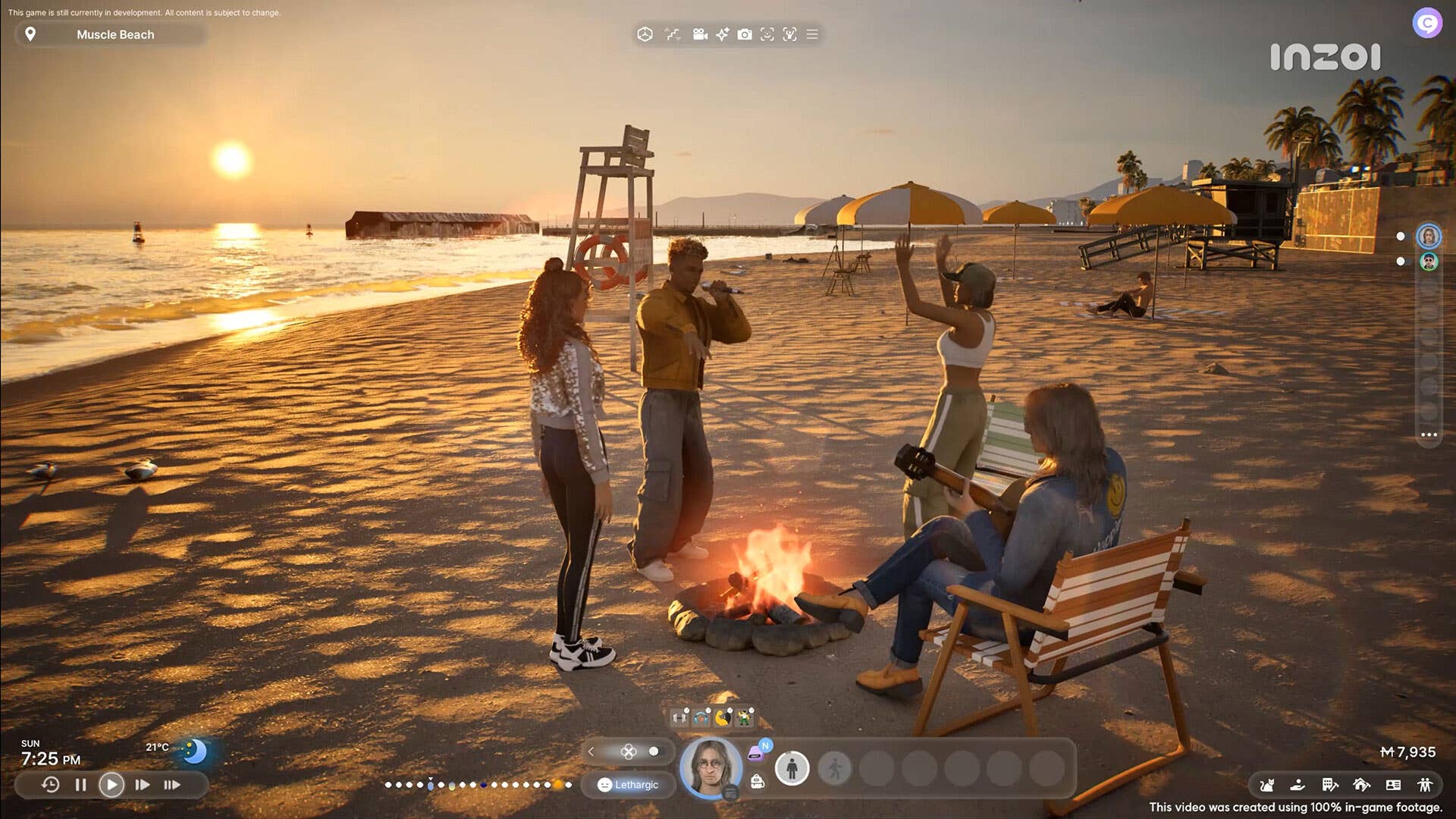































_NicoElNino_Alamy.jpg?width=1280&auto=webp&quality=80&disable=upscale#)






















































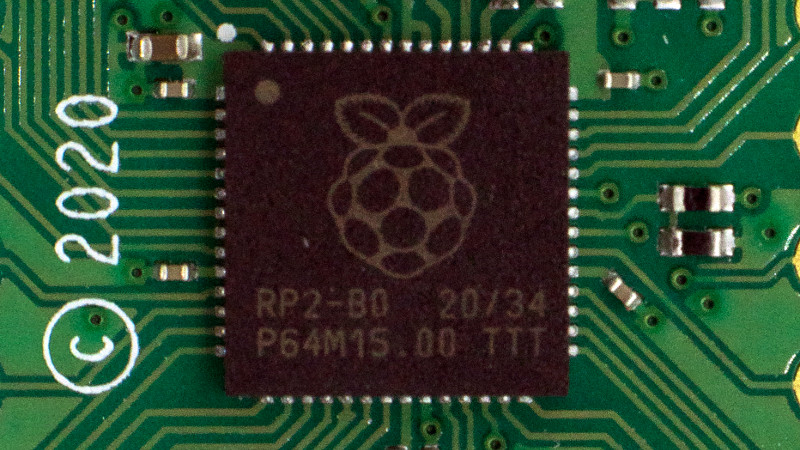





















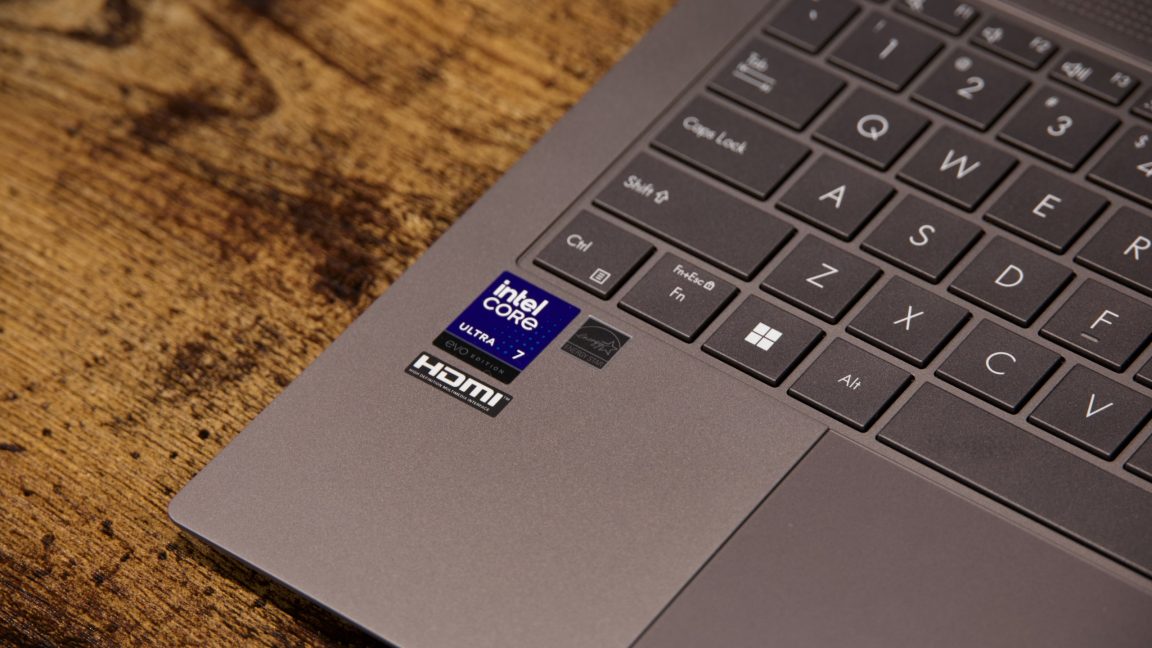






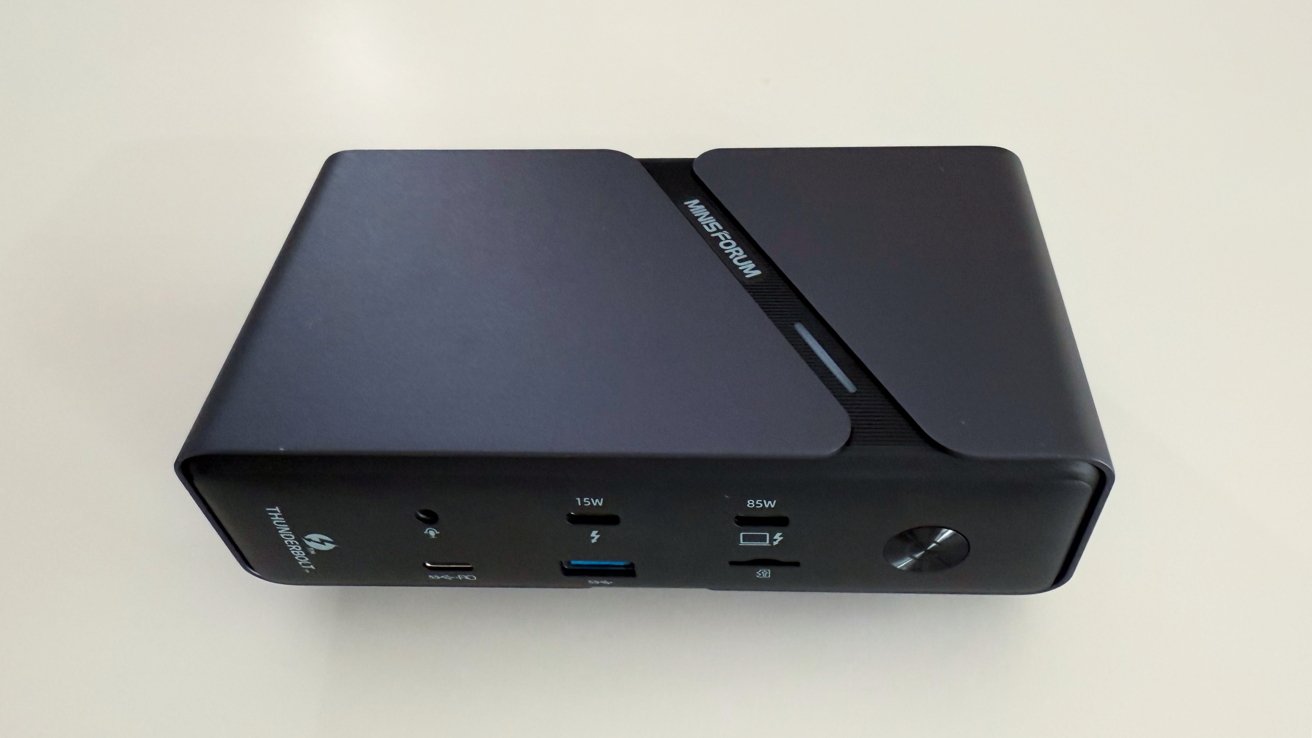
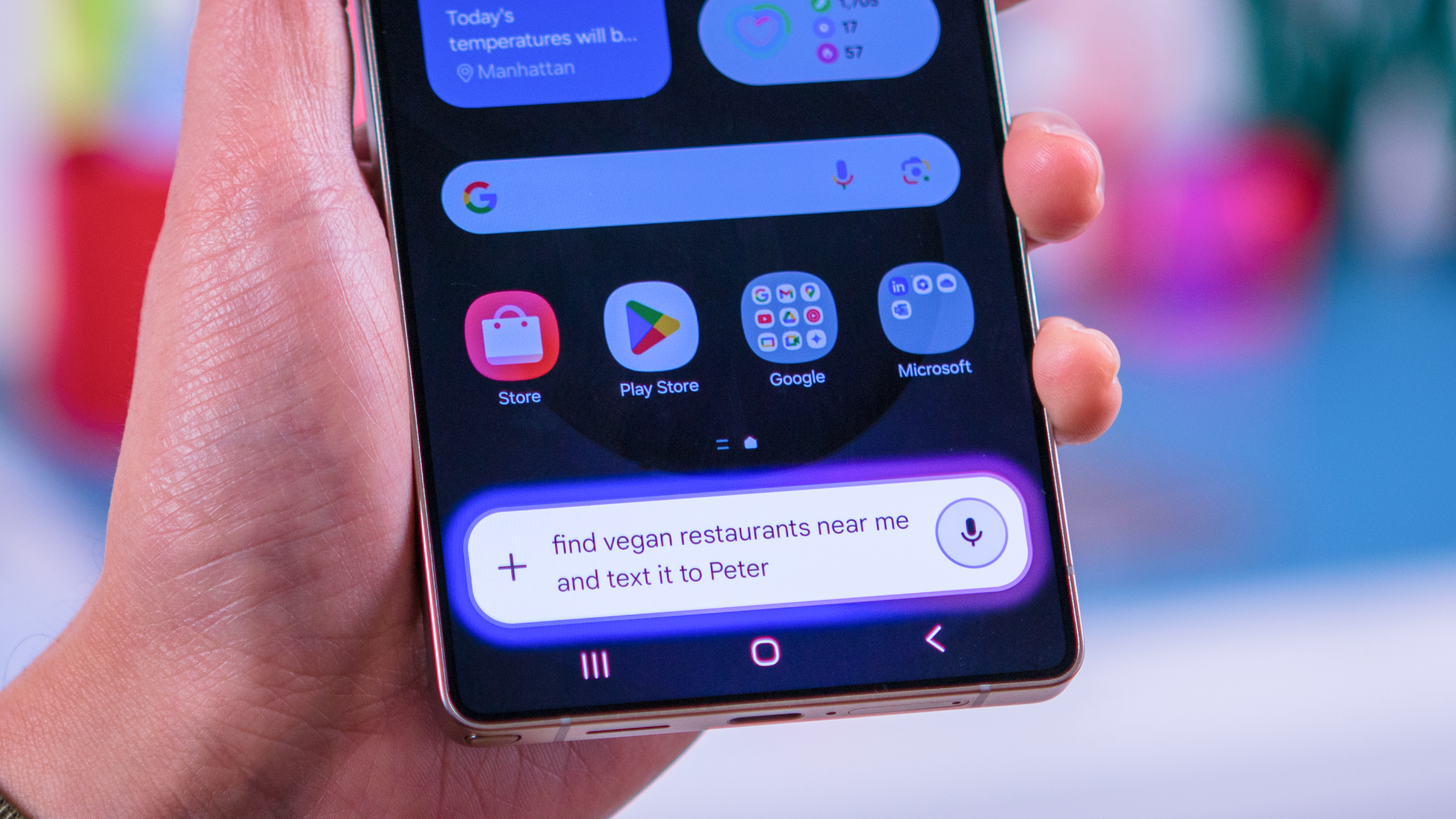


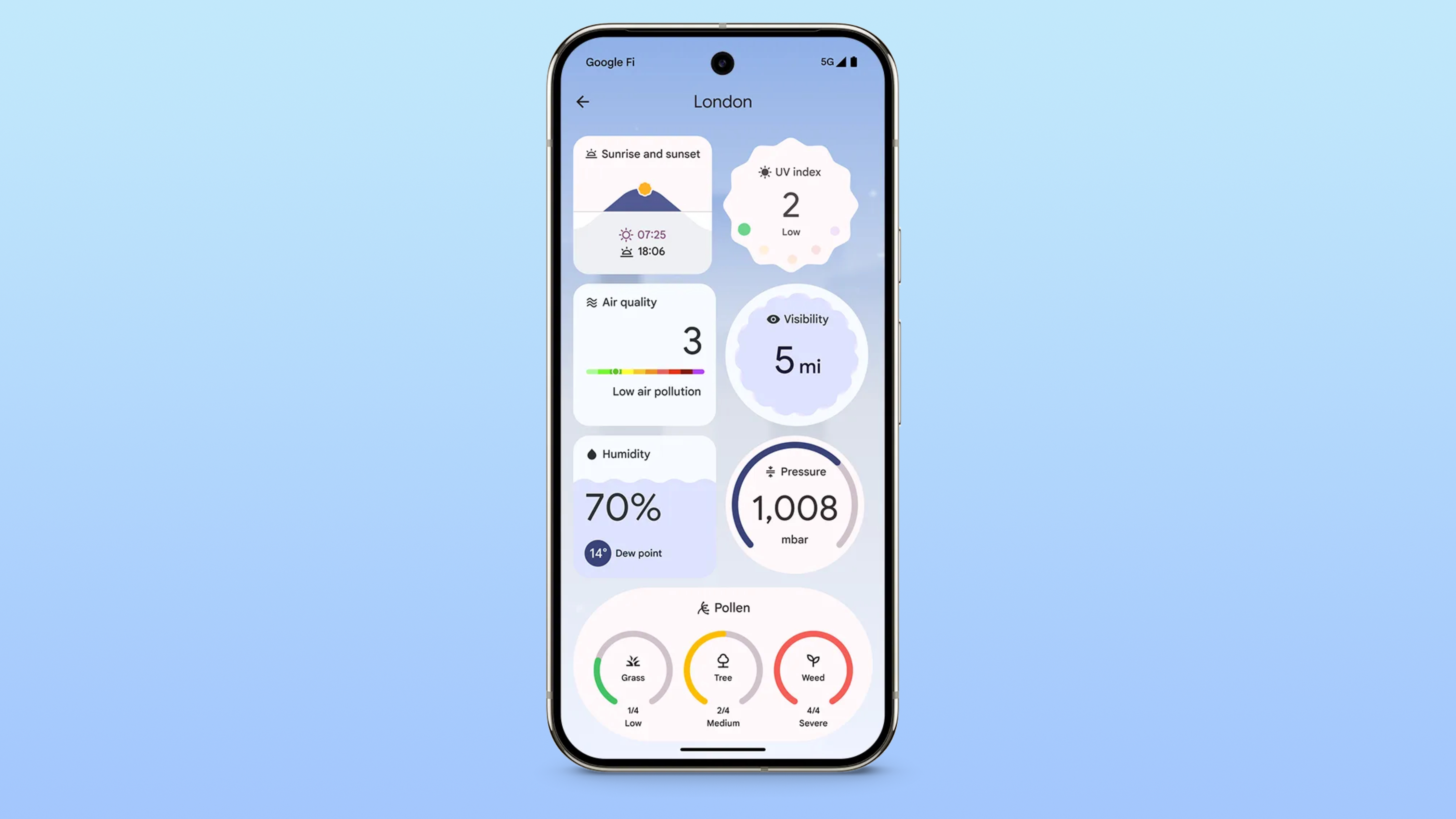



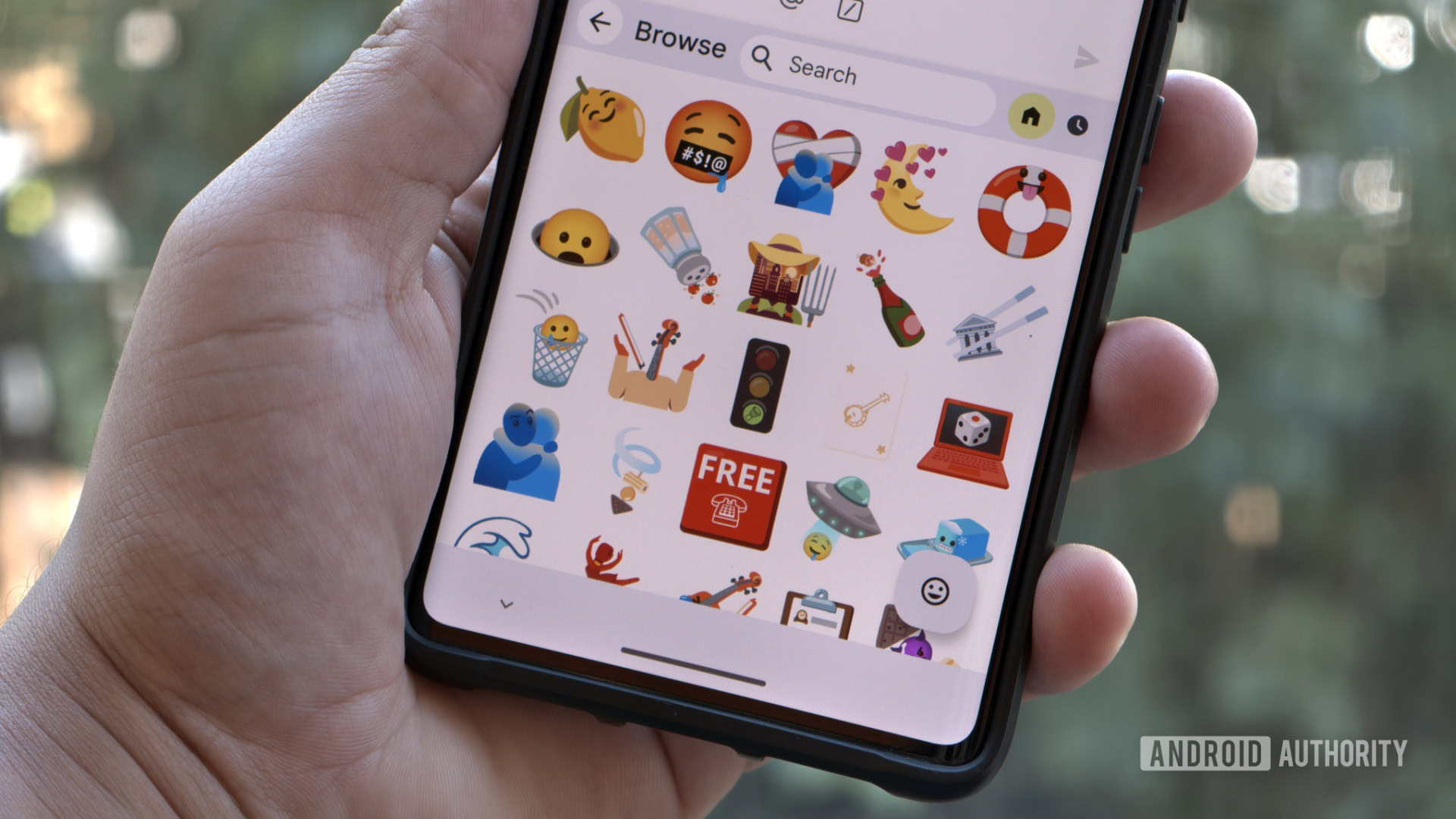






















![Standalone Meta AI App Released for iPhone [Download]](https://www.iclarified.com/images/news/97157/97157/97157-640.jpg)








































